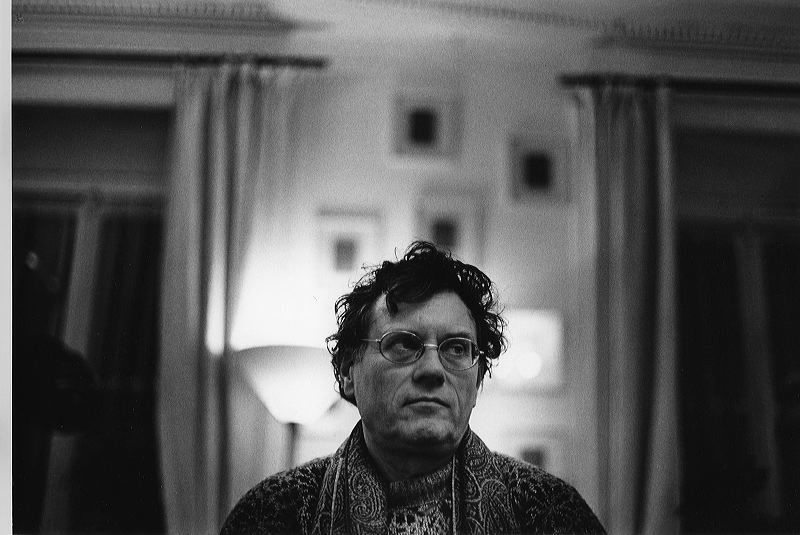In the new issue of Transversal magazine, Gerald Raunig explores what he calls “technecologies,” a concept based on Félix Guattari’s three ecologies (the environment, the socius, and mentalities). According to Raunig, technecologies consist of the complex and unpredictable interactions of collective desire with social media and ubiquitous digital technology. Here’s an excerpt from the piece:
A radical mutation of subjectivity that accompanies the proliferation of new informatic machines – 26 years after the publication of Félix Guattari’s final text the magnitude of this technopolitical mutation in its monstruous multiple meaning between authoritarian truth production, micro-fascisms, and new modes of subjectivation is recognizable in new form. Fake news, alternative facts, Lügenpresse, post-facticity, post-truth – the amalgam of old boulevard media and newer “social media” appears to establish a new formation of technologies of hatred and agitation. And precisely in this fatal situation it also applies, completely in a Guattarian sense: whenever a new techno-dispositive is set in motion, affective and revolutionary machines concatenate with it, there occurs an intensification of desires on all imaginable and unimaginable levels. Romances in unexpected constellations, new forms of affection, unheard collective assemblages of expression, institutings of a non-fascist life. Technecology.
Guattari’s three ecologies, the environment, the socius, and the mentalities, are not intertwined with techno-dispositives in such a way that a fourth could simply be added to the three. It is much more an integral concatenation of technical dispositives and desiring machines, which cannot be reduced to questions of the usability and innovative use of new media and technologies: the alter-globalization movement used text messages to spread the word about protests, and it used the internet to broadly organize apart from mass media, yet at the same time throughout this use a surplus of desire manifested that could not be explained only by technical utility. The Iranian Green Revolution agitated successfully with smart phones and YouTube to circumvent the censorship of mass media, and here too the fascination of the new gadgets combined with desiring machines that would be uncontrollable over time. The “Arab Spring” did not become known as the Facebook Revolution because it was another marketing gag of the monopolist or because Facebook is simply a powerful technical tool, but because as a trigger at the time it entailed a monstruous bundling of desires. And Twitter is ultimately not necessarily the name of a vehicle for the whimsical messages of people like Donald Trump, it is also one of the technical dispositives behind, below, and around the current Spanish movements from 15M to the municipalisms.
Image of Félix Guattari via The Funambulist.
